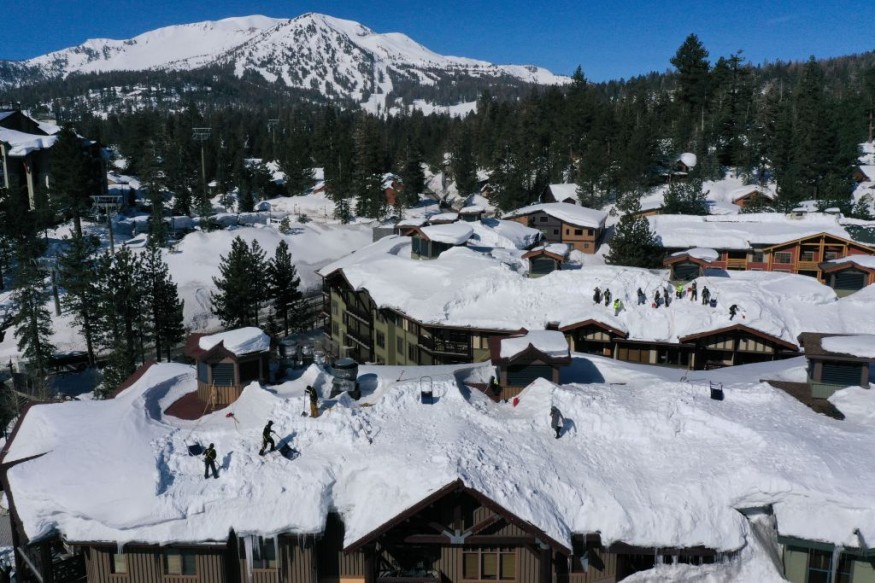The latest weather forecast warned of dangerously cold temperatures in parts of the Pacific Northwest. Homeowners should watch out for potential hypothermia and frostbite.
The winter conditions in the US brought heavy snow and colder conditions. Homeowners are advised to stay alert for signs of cold-related health concerns and winter advisories.
The National Weather Service (NWS) reported that sub-zero wind chills. The advisories also warned of freezing rain, snow and ice this week.
In this week's weather, the main concerns are cold-related health concerns, a mix of ice and snow, freezing rain and blizzard conditions. People should stay updated with the latest forecasts, including in the Northeast and Pacific Northwest.
Threat of Dangerous Cold in the Pacific Northwest

The National Weather Service (NWS) warned of cold temperatures in the Northwestern US, bringing potential hypothermia and frostbite. A wintry mix is also possible with the snow and rain.
The Arctic blast will unleash dangerous wind chills in the region, including in Central US. Meanwhile, potential lake-effect snow is also likely in the Northeast, Mid-Atlantic and Great Lakes.
Motorists should be extra careful in driving to avoid any road dangers in the Northwest. The ice conditions can cause slippery roads and poor road visibility.
Furthermore, colder conditions can unfold in the Montana and Western Dakotas. In the Mid-Atlantic, people should watch out for snow squalls on the weekend. In New York City, residents can expect snowy conditions in the early week.
In the US, 95 million people are at risk of Wind Chill Warnings. Winter conditions can spread over portions of Western Tennessee, Northwest Mississippi Valley and Arkansas. Winter Storm warnings are also likely in this week.
Meanwhile, heavy mountain snowfall can emerge in Western Colorado and Utah.
How Can Americans Stay Safe From Hypothermia And Frostbite
The weather conditions can threaten people's health due to frostbite and hypothermia. The challenging cold can become deadly, especially for older adults, people with medical conditions and children.
Staying at home or limiting outdoor activities is advisable to prevent the risk of cold. Pets and children are also vulnerable to cold conditions.
Moreover, homeowners should store emergency kits at home and vehicles to help them in winter emergencies. The recommended emergency kits are the following:
- Batteries
- Water bottles
- Winter clothes
- Radio
- Mobile phone
- Medicine kits
- Food packs
The heavy snow can affect road conditions and the roofing system. When the weather becomes severe, homeowners should be careful in snow removal. However, people should always wear winter clothes to prevent the cold dangers.
For more similar, don't forget to follow Nature World New
© 2025 NatureWorldNews.com All rights reserved. Do not reproduce without permission.





